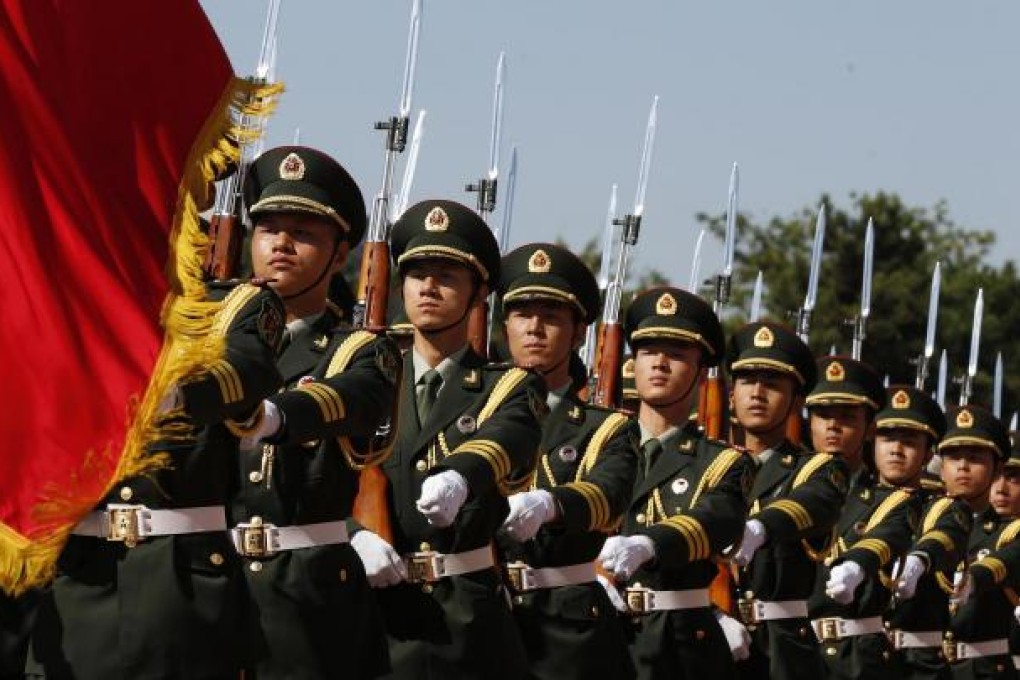
After reading the correspondence focusing on Now TV often showing repeats of BBC series, I am writing to say that this is too often the case and is widespread across English-language channels.
Now Broadband TV might transmit over the internet, yet is a company where time almost stands still.
We might watch a "new" drama series here, then find it aired two or three years ago in Britain or the US, where viewers are already a couple of seasons ahead of Hong Kong. And then, back come the same episodes, so that when flicking through channels there's an almost perpetual feeling of déjà vu.
Repeats can benefit people who missed shows the first time around, but not these multiple repeats. In other places, viewers can record shows transmitted by broadband, and watch them when convenient. Here, however, Now TV sees no need to implement such services.
Also, when I switched on the cricket channel for the first day of a recent match between England and India, the commentary was in Hindi. I promptly phoned Now TV, saying its provider was sending the wrong channel, instead of the English-language cricket channel.
It took around four days before I had a proper response from Now TV, telling me that after investigations, they had found - you guessed it - the provider had transmitted the wrong channel. I asked why it took so long for a response, especially given I was watching a live sports channel at a premium price, but the only answer was that my comments were being taken into consideration.